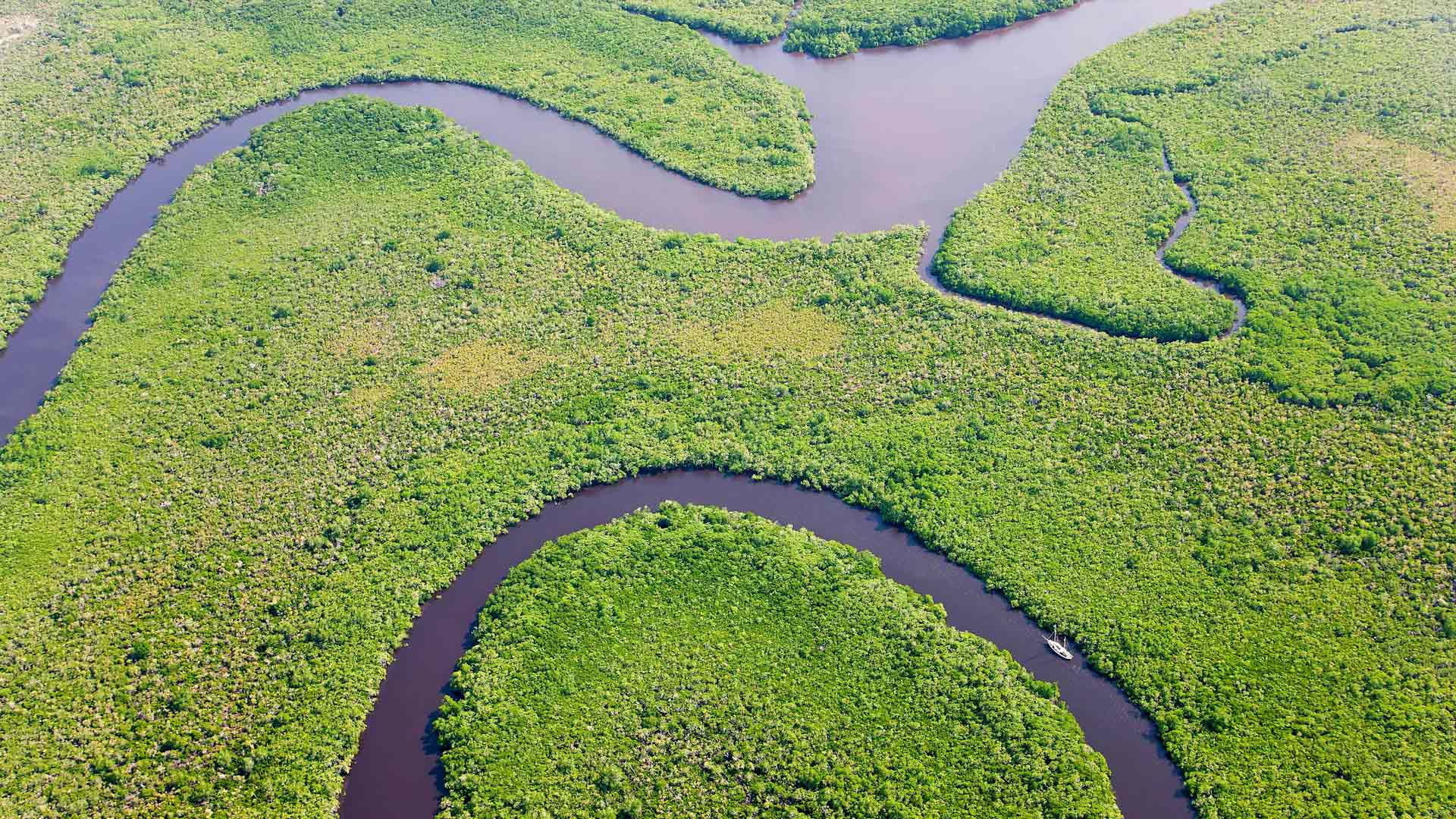Experts Weigh in on the Feasibility of Incinerator Technology in New Zealand
Incinerator technology has been a hot topic in New Zealand as of late, with many individuals and organizations debating its feasibility and potential benefits for the country. Proponents argue that incinerators could help reduce waste and provide a renewable energy source, while opponents express concerns about air pollution and environmental damage. To shed light on this issue, we turned to experts in the field to gain insight into the feasibility of incinerator technology in New Zealand.
Dr. Sarah Johnson, a professor of environmental engineering at the University of Auckland, believes that incinerator technology has the potential to be a valuable tool in New Zealand’s waste management efforts. “Incineration offers an environmentally friendly way to reduce the volume of waste and produce energy at the same time,” said Dr. Johnson. “With the proper infrastructure and regulations in place, incinerators can be an effective and sustainable solution for managing waste in New Zealand.”
One of the primary benefits of incineration technology is its ability to reduce the volume of waste that ends up in landfills. According to Dr. Johnson, this can help alleviate the strain on existing landfill sites and potentially reduce the need for additional landfills in the future. Additionally, incinerators can generate electricity through the combustion of waste materials, providing a renewable energy source for communities.
However, not everyone is convinced of the benefits of incinerator technology. Dr. James Smith, a leading environmental scientist at the University of Canterbury, expresses concerns about air pollution and potential health risks associated with incinerators. “Incinerators emit harmful pollutants, such as dioxins and heavy metals, that can have serious health and environmental consequences,” said Dr. Smith. “Without strict regulations and proper emissions controls, incineration can pose significant risks to public health and the environment.”
In response to these concerns, Dr. Johnson emphasizes the importance of implementing stringent regulations and robust emissions monitoring to ensure that incinerators operate safely and responsibly. “It’s crucial to have strict emissions standards in place to limit the release of harmful pollutants into the atmosphere,” said Dr. Johnson. “By utilizing advanced emissions control technologies, incinerators can minimize their environmental impact and protect public health.”
In addition to addressing environmental and health concerns, the economic feasibility of incinerator technology in New Zealand is a key consideration. Mark Thompson, an energy economist and consultant, believes that the financial viability of incineration depends on various factors, including waste composition, energy prices, and regulatory frameworks. “Incinerators can be a cost-effective waste management option in certain situations, particularly for regions with limited landfill space and high energy demand,” said Thompson. “However, the economics of incineration must be carefully evaluated on a case-by-case basis to determine its feasibility in different locations.”
The debate over the feasibility of incinerator technology in New Zealand is complex and multifaceted, with various technical, environmental, and economic factors at play. By consulting with experts in the field, we can gain a more comprehensive understanding of the potential benefits and challenges associated with incinerators. The key is to approach the issue with careful consideration and thorough analysis to make informed decisions that serve the best interests of New Zealand and its communities.
FAQs
Q: What is incinerator technology?
A: Incinerator technology involves the combustion of waste materials to reduce their volume and generate energy. Modern incinerators utilize advanced emissions control technologies to minimize environmental impact.
Q: How does incineration help manage waste?
A: Incineration can reduce the volume of waste that ends up in landfills, thereby alleviating the strain on existing landfill sites and potentially reducing the need for additional landfills in the future.
Q: What are the potential environmental and health risks associated with incinerators?
A: Incinerators can emit harmful pollutants, such as dioxins and heavy metals, which pose risks to public health and the environment. Strict regulations and robust emissions monitoring are necessary to mitigate these risks.
Q: Can incinerators generate renewable energy?
A: Yes, incinerators can generate electricity through the combustion of waste materials, providing a renewable energy source for communities.
Q: Are incinerators economically feasible in New Zealand?
A: The economic viability of incineration depends on various factors, including waste composition, energy prices, and regulatory frameworks. Careful evaluation is necessary to determine the feasibility of incinerator technology in different locations.
Experts Weigh in on the Feasibility of Incinerator Technology in New Zealand




